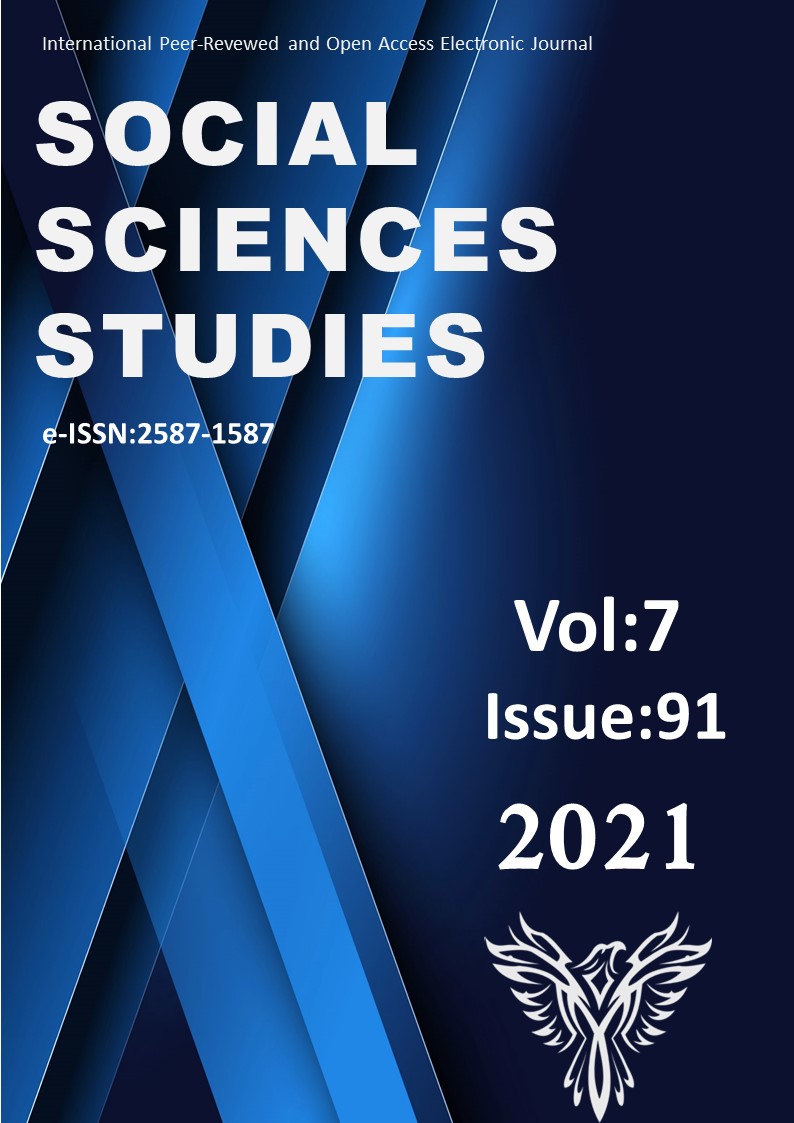MOTIVATIONS BEHIND NORTH KOREA’S QUEST FOR NUCLEAR WEAPONS: DETERRENCE, DEFIANCE, OR A BARGAINING CHIP?
Author :
Abstract
Bu makale, Kuzey Kore’nin nükleer silah programının tarihine odaklanarak, Kuzey Kore’nin nükleer silah arayışının ardındaki motivasyonları anlamaya çalışmaktadır. Kuzey Kore’nin nükleer tehdidi geçtiğimiz on yıllarda önemli bir konu haline gelmiştir. Ne var ki, Kuzey Kore’nin nükleer serüveni yarım yüzyıldan fazla bir geçmişe sahiptir. Dolayısıyla bugün Kuzey Kore nükleer tehdidini anlamlandırmak, Kuzey Kore’nin nükleer silah arayışlarının ve çabalarının çıkış noktasını araştırmayı gerektirir. Bu çalışma, Kuzey Kore’nin nükleer silah programını üç belirleyici döneme ayırarak ele almıştır: yeniden yapılanma, yumuşama ve Çin-Sovyet bölünmesi ve Soğuk Savaş’ın sonu. Sonuç olarak, Kore’nin nükleer silah edinme motivasyonlarının uluslararası konjonktüre göre farklılık gösterdiği söylenebilir. Buna göre Kore’nin nükleer motivasyonu yeniden yapılanma sürecinde caydırıcılık iken, motivasyon, yumuşama döneminde statükoyu değiştirmektir. Soğuk Savaş’ın sona ermesiyle birlikte nükleer program bir pazarlık kozu olarak kullanılmaya başlanmıştır.
Keywords
Abstract
This paper attempts to understand the motivations behind North Korea’s quest for nuclear weapons by focusing on the history of North Korea’s nuclear weapons program. North Korea’s nuclear threat has become a crucial issue for the past decades. However, North Korea’s nuclear adventure has a history of more than half a century. Therefore, to make sense of the North Korean nuclear threat today requires investigating the origin of North Korea’s efforts and pursuits of nuclear weapons. This study has discussed the development of North Korea’s nuclear weapons program by dividing it into three decisive periods: the restructuring, détente and Sino- Soviet split, and the end of Cold War. As a result, it can be said that Korea’s motivations for acquiring nuclear weapons vary according to the international conjuncture. Accordingly, while Korea’s nuclear motivation is deterrence in the restructuring process, the motivation is to change the status quo during the détente period. With the end of the Cold War, the nuclear program began to be used as a bargaining chip.
